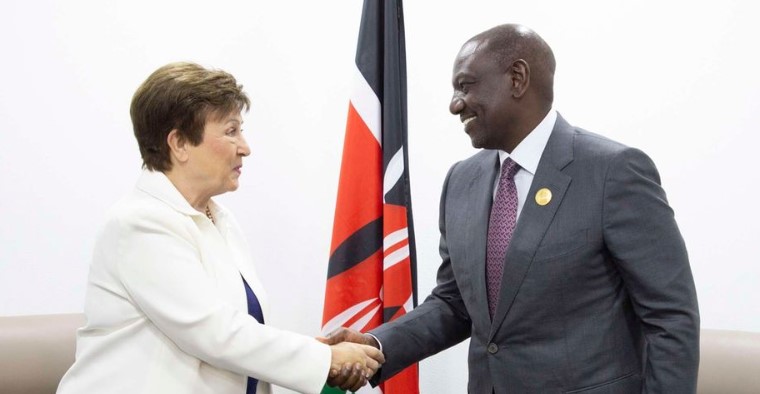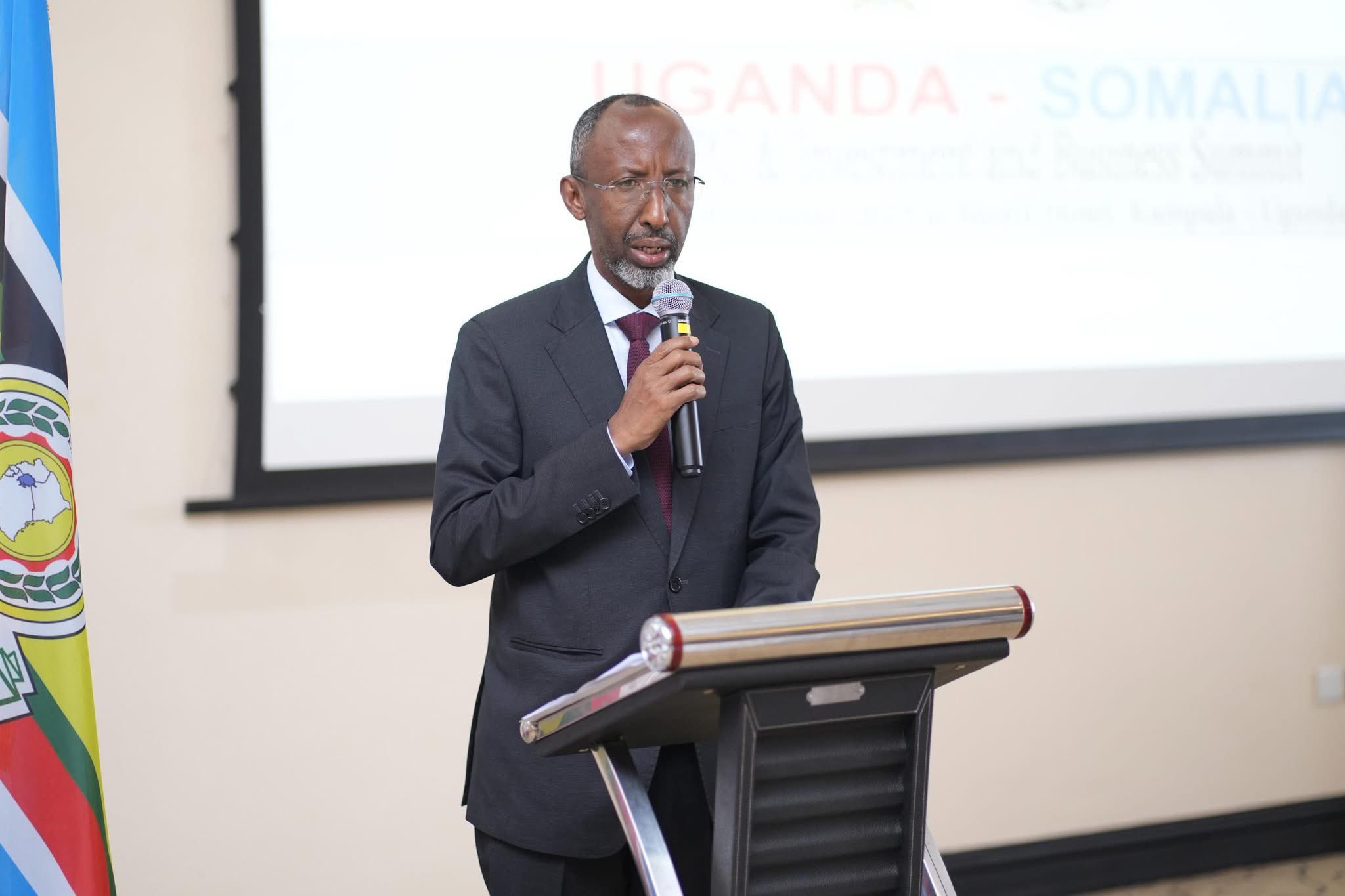Kenya seeks Sh37.6 billion IMF funds cut citing lower financing pressures

Kenya's successful Eurobond issuance in February, which enabled it buy back a significant portion of the 2024 Eurobond, is the driving force behind this adjustment.
Kenya has successfully negotiated a reduction of its access to funds from the International Monetary Fund (IMF), requesting a cut of Sh37.6 billion ($1.459 billion) from its current multi-year financing programme.
The move, which reflects decreased spending pressures and alternative sources of financing, will reduce the remaining access to the IMF's extended fund facility (EFF) to Sh188.4 billion ($1.459 billion), down from Sh226 billion ($1.75 billion) previously.
More To Read
- World Bank warns political interference weakening Kenya’s state-owned enterprises
- University lecturers petition IMF over unpaid wages, SRC interference in Kenya
- Ruto backs IMF partnership as key to Kenya’s debt, economic reforms
- World Bank upgrades Kenya’s growth outlook to 4.9 per cent, warns of elevated risks
- Africa’s share of global extreme poverty rose by 30 per cent in 10 years - World Bank
- Revenue raise, prudent debt key to Africa’s 2026 upgraded growth prospects - IMF
The IMF has agreed to the adjustment, with the remaining funds now including a Sh78.3 billion ($606.1 million) disbursement approved last week by the IMF Executive Board. The overall reduction in funds, which will be spread out through the end of Kenya’s programme in April 2025, reflects the country's improved financial position.
Kenya's successful Eurobond issuance in February, which enabled the country to buy back a significant portion of the 2024 Eurobond, is the driving force behind this adjustment, according to a statement from the IMF.
“Additionally, financing from the Trade Development Bank and the World Bank, including $506 million (Sh65.3 billion) and $1.2 billion (Sh155 billion), respectively, has helped meet Kenya’s balance of payments needs. As a result, the exceptional financial pressures anticipated earlier have dissipated.”
External financing needs
The IMF further explained that Kenya’s request to re-phase the remaining balance of its financing would align more closely with its current external financing needs. The revised schedule means that Kenya will receive its final disbursement of around Sh110.2 billion ($853.7 million) at the end of the programme in April 2025.
Although the reduced access indicates Kenya's improved financial stability, it also signifies a shift away from reliance on multilateral institutions such as the IMF. This adjustment is a reflection of the country’s diversified approach to financing, as Kenya seeks to reduce its exposure to international lenders.
Despite this, Kenya is still pursuing a controversial commercial loan of Sh193.7 billion ($1.5 billion) from the United Arab Emirates (UAE), a move that has raised concerns among some financial analysts. The IMF has expressed reservations about the loan, calling it too expensive.
“Commercial loans with high interest rates could undermine Kenya’s efforts to manage debt sustainably,” said an IMF spokesperson.
However, the IMF has emphasised that concessional financing — such as the kind provided through the extended fund facility — remains the best option for Kenya to meet its financial needs without exacerbating its debt burden.
“External financing on concessional terms could complement the needed policy adjustments while helping to meet financing pressures and alleviate debt sustainably,” the IMF said.
Kenya’s decision to request a reduction in IMF support also comes amid efforts to rebalance its finances after violent protests in June, which led to the abandonment of a series of new tax measures that were part of the IMF-backed fiscal programme.
The government’s cautious approach to financing reflects the ongoing challenge of balancing fiscal consolidation with the need for growth and stability in a period of global economic uncertainty.
Top Stories Today














































